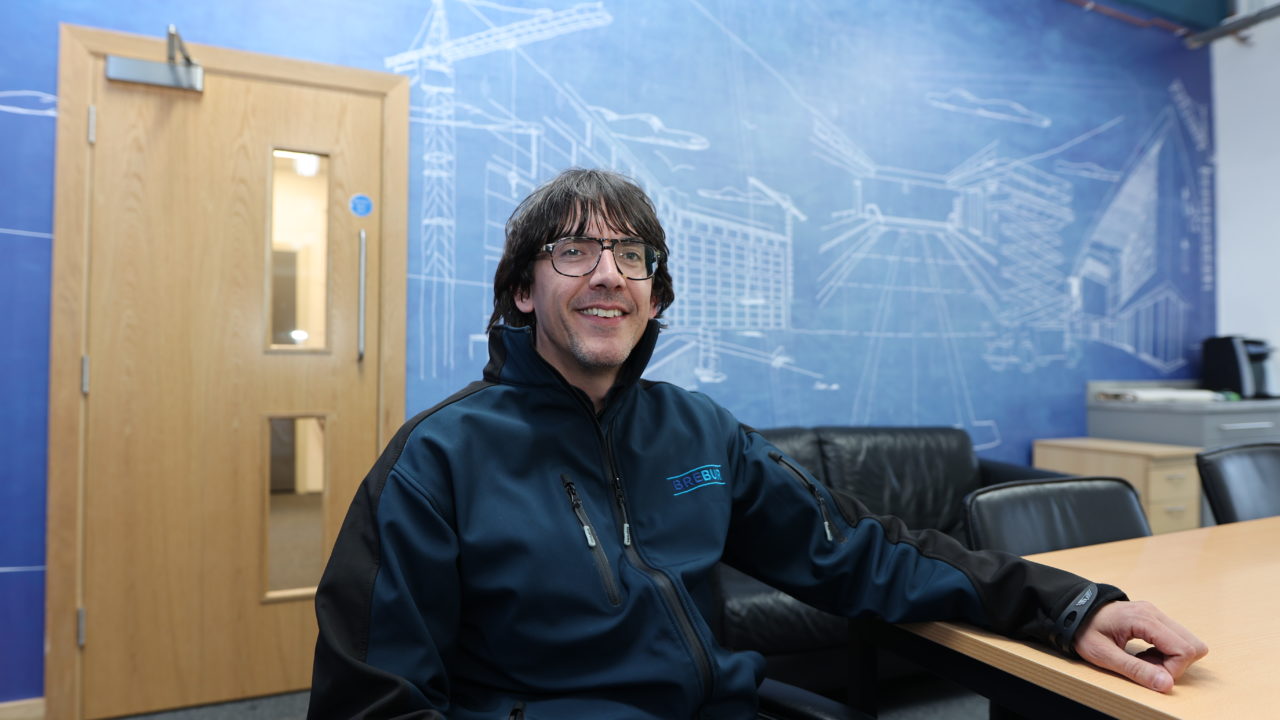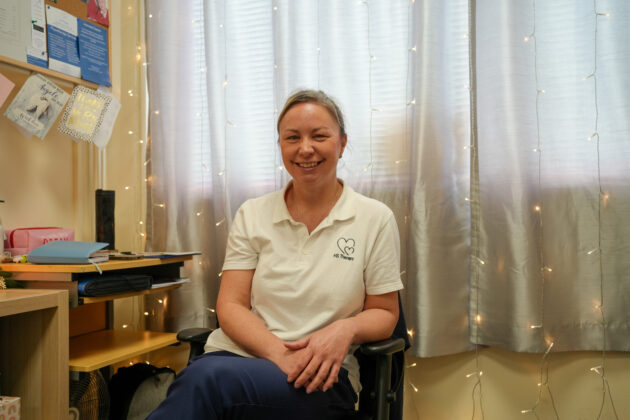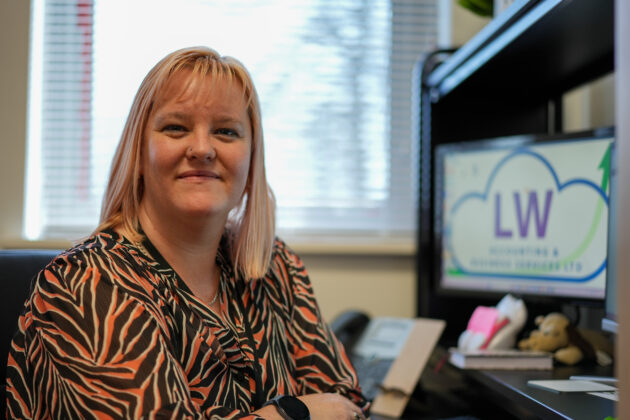
Barnsley based business, Brebur Ltd, is aiming to become a market leader in environmental initiatives as part of its work towards the Government’s Net Zero 2050 target.
The company recently joined two locally supported schemes providing specialist help and knowledge. One was the Low Carbon Business Support Project, delivered by Sheffield City Council. The second was the Net Zero Accelerator at The Business Village.
The Net Zero Accelerator helps Barnsley businesses to understand their net zero priorities. Offering free and intensive support, it includes diagnostics, coaching, networking, and training. During the programme, companies develop action plans to help improve their carbon footprint.
Brebur’s Commercial Manager, Nick Roffey, joined the company in April 2021. One of his key focuses has been to develop the environmental aspects of the business development plan. The company already holds ISO 14001 certification and had a good environmental culture. So, the next step was to measure carbon footprint and develop policies which factored in net zero.
“We understood where the waste was in our work but wanted to have a better level of understanding. Through the Net Zero Accelerator, we now have a carbon calculation and rationale. We also have documentation which details how the information was gathered, meaning anyone can pick it up in the future.”
The first couple of months on the programme were spent working on Scope 1 and 2 information. This covered the office, travel, and utilities. Working with consultant, Sarah Whale, Nick then began work on Scope 3 emissions.
“Scope 3 is the hard part for us as we’re not a manufacturing company with full control in our hands. We take materials from a warehouse and put them on a wall which belongs to someone else. So the carbon doesn’t exist on our premises. We also work with metal and gypsum which are both bad for carbon. But, unless our clients change what they want to build with, we’re very governed by customer demand.”
Some improvements though have been relatively simple to put in place. The Low Carbon Business Support Project came with an office audit which identified improvements. These included small tweaks such as better management of the thermostat, LED lighting and motion sensors.
Plans are also in place for an electric vehicle fleet. It will mean replacing high impact cars when leases come up for renewal. The initiative has come from the top down with the managing director taking the lead once his current lease ends.
Brebur already use a green energy supplier but are currently investigating solar panels. It’s a big decision, and possible, but may not prove to be a financially viable option.
In conjunction with the carbon reducing measures, Brebur is also working on integrating net zero into the business. This includes reviewing policies and procedures with net zero in mind. Once done, the rollout will be on an ongoing basis.
“Our net zero consultant, Lisa Lister, has been helping us review existing business strategies and policies. She specialises in sales and marketing, so we’ve also discussed how to sell what we’re doing. We’re looking at how we can wrap it all up as an offering to our supply chain.”
Nick says his experience of the Net Zero Accelerator has been more than just net zero. Whilst specific net zero coaching and training has taken place, it’s also included lots about business practices.
“It’s been informative both as a business and on the environmental side. The networking has been great and it’s good to see what other people are doing. On the back of the Net Zero programme, we’ve started a dialogue with some of our supply chain. The Sustainability Director at Travis Perkins has given her time, offering advice and support. It’s generated more ideas and we’re planning a forum for all our supply chain to come together and talk about net zero”
Looking towards the future, Nick is hopeful that there will be a case for the Net Zero Accelerator to continue.
“It’s been an excellent initiative. The government have set a target but it will be down to individual businesses to do the work. Working towards net zero is inevitable so it makes sense to get involved early. That’s especially true while free support is available. It will also become harder the later you leave it, and it could affect your work streams.”
For Brebur, net zero is now part of the scoring system for securing work in the public sector. Nick has already been in meetings with clients talking about net zero. Being on the Net Zero Accelerator meant he could positively respond to questions and discuss the actions already taken.
“I know from speaking with business owners in other regions that they have no net zero support. So it’s good to see Barnsley Council doing this. It would be great to get involved in pushing it forwards and helping others through a network of support. We have issues with costs rapidly rising and allocation issues with materials. But by looking at net zero and identifying opportunities, it can minimise some of the risks.”
Brebur Ltd is a specialist dry-lining, plastering, suspended ceiling and SFS contractor. The company employs 35 people and has been in operation for 20 years. Much of the work is for large construction contractors such as BAM, Kier, Wates, Wilmott Dixon, and Sir Robert McAlpine. Projects are often large public sector schemes for education and healthcare.
Kevin Steel, Business Development Manager at The Business Village said, ” it’s fantastic to see Brebur taking action to decarbonise the built environment, inspiring others to take similar action, and removing barriers to implementation.”
Funding for the Net Zero Accelerator at The Business Village comes from the UK Government through the UK Community Renewal Fund, South Yorkshire Mayoral Combined Authority and Barnsley Metropolitan Council.




